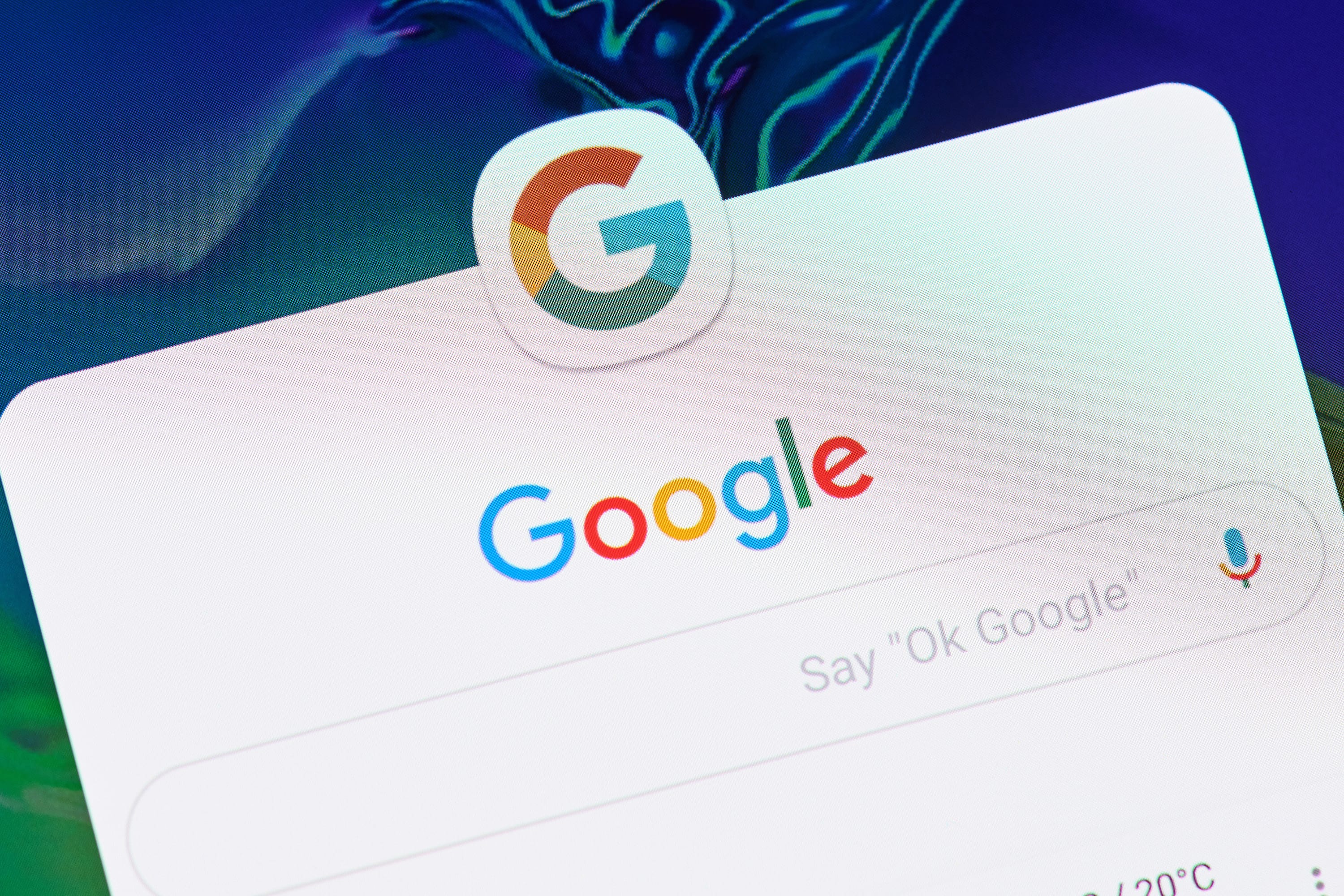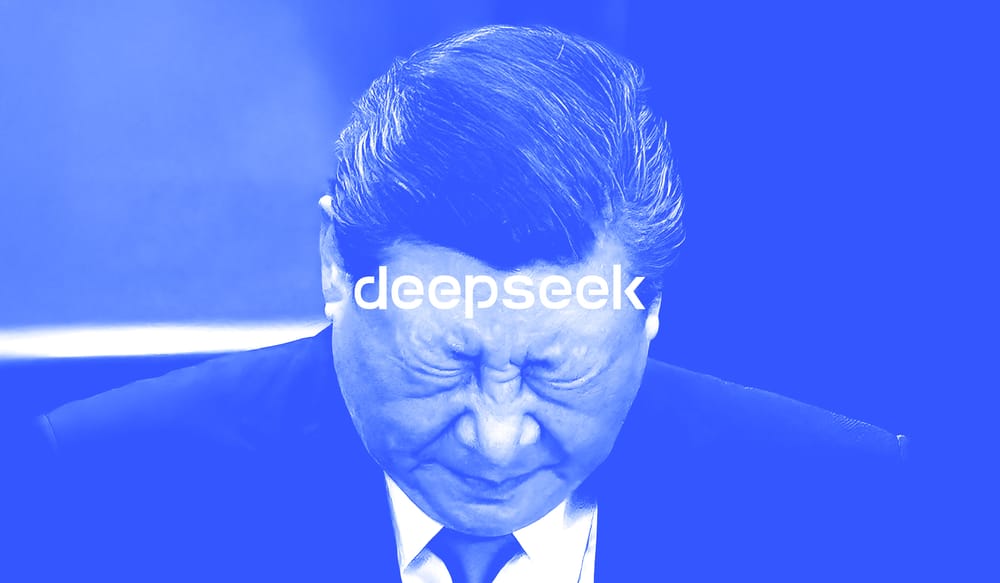Last month Google was ruled by a federal judge in USA to have illegally established a monopoly on web search. But has it really?
The 10-week trial which commenced last year revealed that Google paid Apple $20 billion per year to be the default search engine on iPhones, which does sound like the company might be trying a little too hard.
But, honestly speaking, would anybody seriously use any other search engine in existence?
That deal was more a coup for Apple than a boon for Google. It's likely that the Cupertino giant may have floated an idea of building something of its own, much like it tried to do with Apple Maps before, what would eat into a very lucrative search segment of Apple users, which Google could have been fearful to lose.
Ultimately, however, the deal is more a profit-sharing scheme for both companies, with Google easily recouping the money in fees collected from ads in its search engine.
I still fail to see how it was monopolistic behaviour, since no realistic, useful alternative to it exists.
It didn't need to bribe anybody to absolutely dominate web search to the tune of 90% of market share globally.
Even in the US the only company that tried going against it was... Microsoft. A corporation known for promoting its own software, including web browser, in Windows – which it too was taken to court for and yet failed not because of litigation but competition from alternatives like Chrome.
People aren't using other search engines not because Google is keeping a stranglehold on our behaviour but because it has proven to be the most reliable one available.
And I say this as its frequent critic, who isn't particularly happy about the outsized position the company plays in the world today.
It's legal monopolies we should fear, not economic ones
This obsession with fighting monopolies has no reasonable ground, at least not in the world in tech. What we should fear are legal monopolies – i.e. ones created by legislation, not those resulting from winning in free market competition.
Back in the vilified American Gilded Age, Theodore Roosevelt's administration wanted to break up monopolistic companies, with one of the main targets being John D. Rockefeller's Standard Oil, which dominated oil refining in the USA.

But it achieved it because John D. was simply a business genius, capable of reducing costs to a level none of his competitors could match. In the process he made many of them partners – and millionaires – by joining Standard Oil.
Ironically, one of the world's richest men in history achieved this status AFTER his company was broken up into 39 different entities, with the sum of them being worth more than Standard Oil was on its own, while producing no benefits for consumers.
Harmful monopolies are usually created by governments, which in many countries have monopolised provision of various services, effectively barring competition while reducing standards, since nobody could be bothered about improving them.
State-owned telecoms, postal services, railways were typically inefficient, corrupt and expensive.
But Google doesn't fit that description. However flawed, it still provides a service that billions of people use out of their own will, not coercion.
No such thing as “too big to fail” in tech
If history of Big Tech should teach us anything, it's that nobody is beyond the risk of failure, no matter how big.
Google's own story is a perfect example. It wasn't the first search engine in the market and when it launched the dominant Yahoo was worth over $100 billion during the Dotcom bubble of 2000.

We can find similar examples in the rise of Facebook competing with well-established Myspace, the fall of AOL or Netscape, or the rise of Apple from near bankruptcy in the late 1990s.
Today Google is worth $2 trillion while Yahoo is being tossed around between different parent investors for a few billion bucks every few years.
And while it sure seems untouchable, its entire business model is now being called into question by AI bots, which can output direct, accurate answers to most questions without the need for an outdated listing of links that Google search provides.

This is how monopolies are challenged in the free market – not through incremental competition on the same product, but breakthrough innovation that flips the entire market upside down.
That the court ruled that Google is a monopoly on the eve of the biggest disruption in its history is quite ironic – and entertaining. It's also very telling of the pace at which the justice system works.
If it was 10 years ago the ruling may have been a threat to the company but today the real one comes from OpenAI.
And if Sam Altman's startup seizes leadership of search for information, it too would be earned by merit. Entrepreneurs are not the government. They're not forcing millions of people to use a tool that is inferior to others.
It wasn't true for Google and won't be true for anything that comes to replace it.









